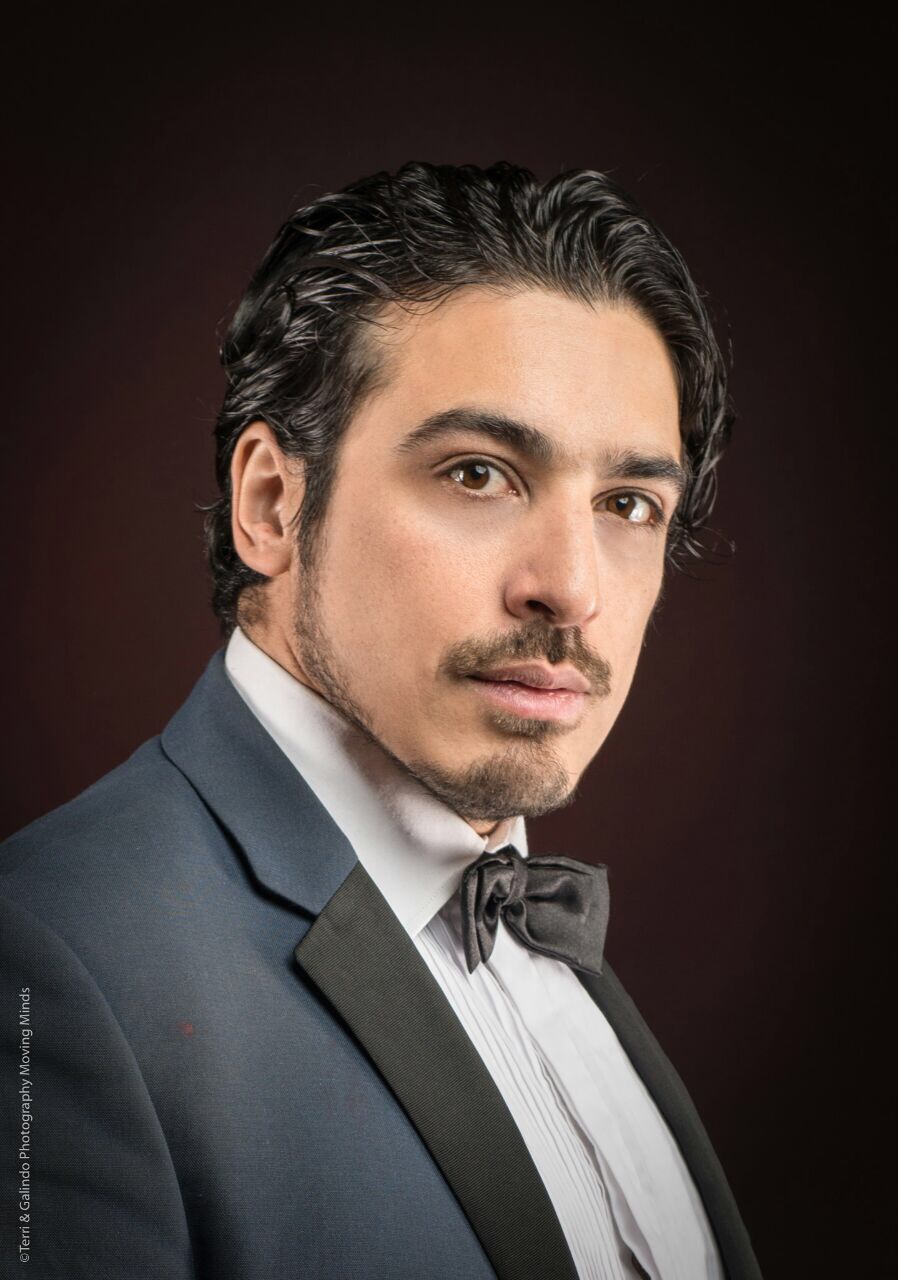Tango and folklore, alltogether
Tangauchos is a tango and folklore show not only for the theatre, but it is mainly thought for festivals. It is composed of 5 couples of dancers and 5 musicians with original musical arrangements.
Generally, what you tend to see in tango festivals is this:
Each student takes a tango lesson (or workshop) with couple X. S/he learns a sequence or, at best, acquires a technique that improves his or her dance.
Later on that night, s/he watches this same couple perform a demonstration of their dance. Evidently, this is not wrong; it is the way in which most of us work.
In the course of my career, I have been teaching and learning that in the majority of these cases there is a lack of human contact with the student.
Generally, the teacher has got no contact with the student.
This is where the new idea of TANGAUCHOS comes in.
The concept of Tangauchos is 100% centred on the student.
These tango classes will not be like normal Workshops.
Each class will be of duration of 3 hours with 2 themes. (Each theme is given by a different teacher) Each class will be given by 4 teachers, while another 2 teachers explain and show the exercises or sequences. The other couple will act as assistants, so throughout the class, the student is in contact with 4 teachers.
**Then we offer the special classes:
This is a four-hour class and will be given by all the teachers.
The class will start with exercises on technique with, for example, couple number 1 (after the lesson on technique we show a step. During that process, the remaining couples act as the assistants of couple number 1)
Then, couple number 2 takes the lead and demonstrates the same sequence with the same technique in ”tango show style” (exploring all the corresponding details of this style), while the remaining couples will act as assistants.
Subsequently, couple number 3 repeats the same sequence but in the style of ”tango salon” and thereafter, couple number 4 will show how the same sequence would be done on a full dance floor.
In this way, the student benefits from a comprehensive class, with 4 styles and different ways of teaching.
Generally, in tango festivals you have 3 nights of milonga and music is played from CDs. Some festivals might have invited an orchestra, but then there is no show. In the best of circumstances you might be able to watch a couple’s demonstration to some piece placed by the orchestra, but, that is not a show; it is simply a demonstration by the couple!!!
Tangauchos offers not only an orchestra to dance to in the milonga, but also offers a concert on one day, and 3 complete different shows for each day of the festival.
The show has 5 couples of dancers and 5 musicians (the show has tango, vals, milonga, folklore and a few other surprises).
Each morning or afternoon, the musicians will give musicality lessons for dancers. Importantly, the director of the orchestra is also a professional tango dancer.
Usefully, all our musicians also dance tango, which is a huge help to the musicality lessons because the musicians understand the needs of the dancers!!!.
**The special class with all the teachers ends with a musicality lesson, in which every student will complete the sequence musically which they had previously developed together with the musicians.
But this is Tangauchos’ most unique feature. Tangauchos’ orchestra proposes to go to a music conservatory, which might or not be the closest in the vicinity of the festival. The idea is to teach advanced musicians of any genre to play “tango”. This course will consist of 4 days of lessons and rehearsals for all those interested.
All the musicians participating in the course will be invited to play in the festival on its last day. The musicians have thus created an “orquesta tipica” to play at the festival’s last milonga night (there is no limit to the number of instruments)
This kind of program has already been conducted several times successfully. Important to note is that it will not be necessary to pay to the extra musicians as they will be offering an end of course début performance.


